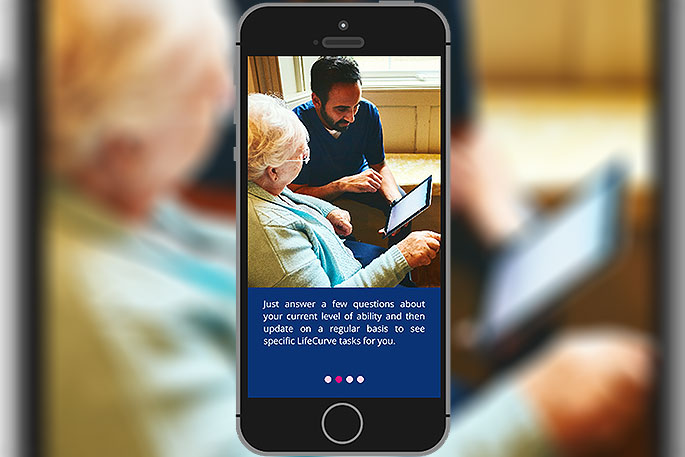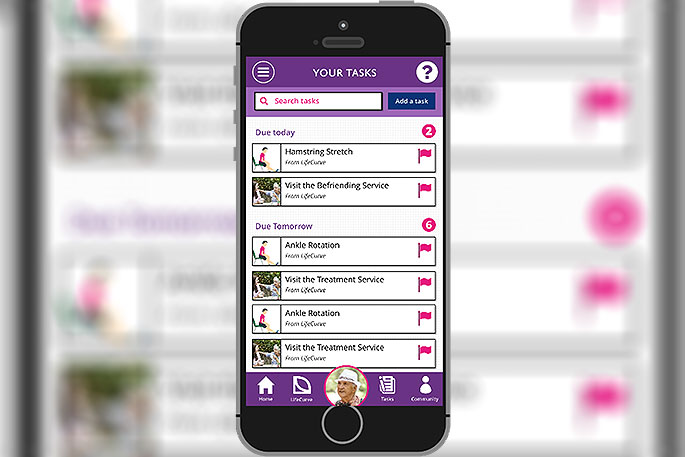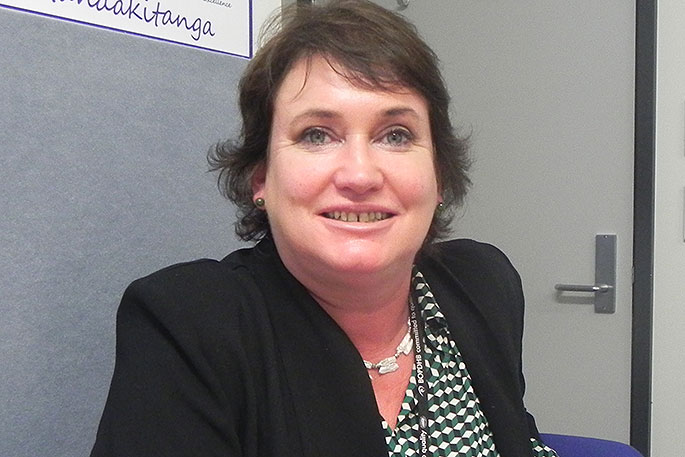Helping people age well, retaining a more active lifestyle in the process, is the focus of a new $5 million fund.
And a handy smartphone app is just one of the ways in which the money will be used to help do that.
The funding from the Ministry of Business, Innovation and Employment (MBIE) will support the AWESSoM (Ageing Well through Eating, Sleeping, Socialising and Mobility) trial, scheduled to begin in September and which the Bay of Plenty District Health Board (BOPDHB) will participate in.
AWESSoM is headed by Professor Ngaire Kerse from the University of Auckland but a researcher will be based in the Bay of Plenty throughout.
Part of the trial will involve adapting a smartphone LifeCurve app which supports healthy ageing.
'In Scotland the LifeCurve is used to support healthy ageing and to identify where Allied Health professionals should be intervening,” says BOPDHB Allied Health Director Dr Sarah Mitchell, who worked on a similar programme in Scotland.
Sarah says the work looked at the sub-optimal life curve (where people endured a long period of decline) and the optimal curve (where people retained more function for longer as they aged).
'We're living longer but we don't want that to translate as just more years of decline. We want our work as Allied Health professionals to be improving people's lives and that means targeting the work earlier on the curve where it can have an impact and keep people more active and mobile.
'What we found in Scotland was that 43% of our work was taking place towards the end of the curve. So basically a massive amount of functional decline was going on without people seeing Allied Health professionals.”

Sarah says the proposed app will take people through a series of questions based on everyday tasks to assess their functionality. This information will then be used to compare the user with others of comparable age.
'Normal ageing starts with the process of not being able to cut your toenails and progresses through a number of stages all the way through to not being able to eat independently.
'You can tell a person they are either mildly frail, moderately frail, or severely frail, but that doesn't mean anything to them and is a very deficit based approach.
"But if you can tell them where they are based on what things they are able, or unable, to do, that means so much more and focuses on their assets rather than their deficits.
'This is where you are but if you do this, this and this, you can get better. It's simple but effective. It might also then suggest activities the person might like to pursue to improve or maintain their function.
'It might for example, suggest a local aqua aerobics class with one of our partner agencies,” added Sarah.
'Because it's fun and easy for people, using real-life examples of everyday tasks, it really resonates. People love it.
'At the end of the day what we're trying to do is to help people live healthier happier lives as they age. The work in Scotland was based on where it was best to concentrate our efforts to do that.
"The idea was to shift our Allied Health expertise and in some cases resources much closer to the top of the curve so that people could benefit more.”




0 comments
Leave a Comment
You must be logged in to make a comment.